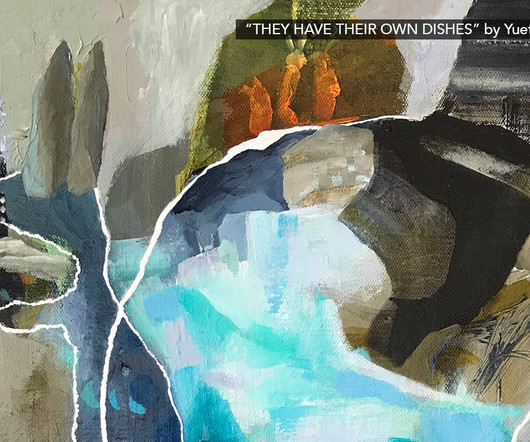From Impact Investing to “Impact-First” Investing—What Is the Field Learning?
NonProfit Quarterly
JANUARY 15, 2025
generate social or environmental returnor doing wellthat is: make a financial return. There are indeed many investments where social or environmental goals dont harm earnings (and, arguably, even improve earnings). As one firm states , investors do not have to choose between doing goodi.e.













Let's personalize your content